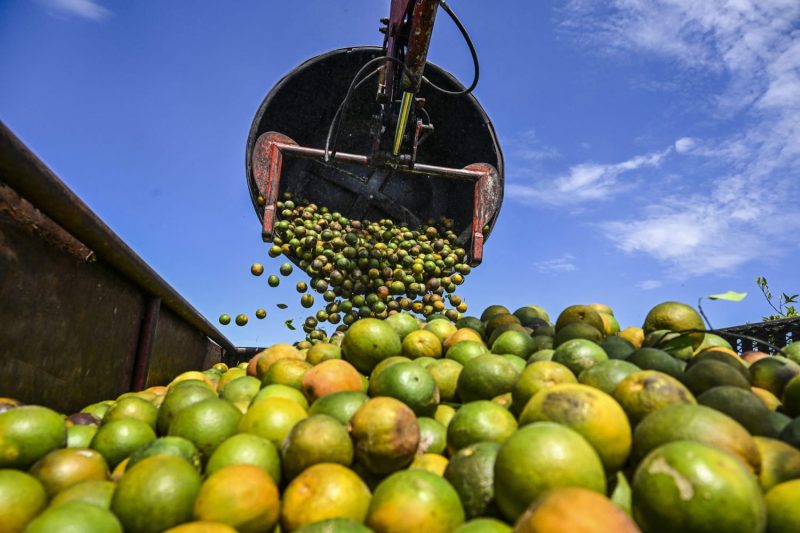Orange juice has always been a popular morning beverage choice for many people around the world. Regardless of whether it’s freshly squeezed or store-bought, orange juice has been a staple at breakfast tables for decades. However, the cost of orange juice can sometimes be surprisingly high. There are several factors that contribute to the price of orange juice, making it one of the more expensive juice options available on the market.
One of the main reasons why orange juice is so expensive is the labor-intensive process involved in producing it. Oranges need to be carefully harvested at the right time to ensure optimal flavor and juiciness. This often requires manual picking, as machines can damage the delicate fruit. Additionally, oranges need to be transported quickly to processing facilities to prevent spoilage, which further adds to the cost.
The process of extracting juice from oranges is also quite labor-intensive. Oranges need to be washed, peeled, and juiced before the liquid can be pasteurized and packaged for sale. This process requires specialized equipment and skilled labor, all of which contribute to the overall cost of production.
Another factor that affects the price of orange juice is the weather. Orange trees are sensitive to temperature fluctuations and require specific conditions to thrive. Severe weather events such as frost or drought can damage orange crops, leading to lower yields and higher prices for consumers. In addition, fluctuations in weather patterns can also affect the quality and taste of the oranges, further impacting the cost of production.
Transportation costs play a significant role in the price of orange juice as well. Oranges are grown in specific regions known for their optimal growing conditions, such as Florida and California in the United States. Once harvested, oranges need to be transported to processing facilities, which can be hundreds of miles away. The cost of fuel, maintenance, and labor associated with transportation all contribute to the final price of orange juice.
Lastly, marketing and branding also play a role in the cost of orange juice. Companies spend significant resources on advertising, packaging, and promotion to differentiate their products from competitors. These costs are ultimately passed on to consumers in the form of higher prices.
In conclusion, there are several reasons why orange juice is so expensive. The labor-intensive production process, weather factors, transportation costs, and marketing all contribute to the high price of this popular breakfast beverage. While orange juice may be more expensive than other juices, many consumers are willing to pay the price for its refreshing taste and numerous health benefits.
